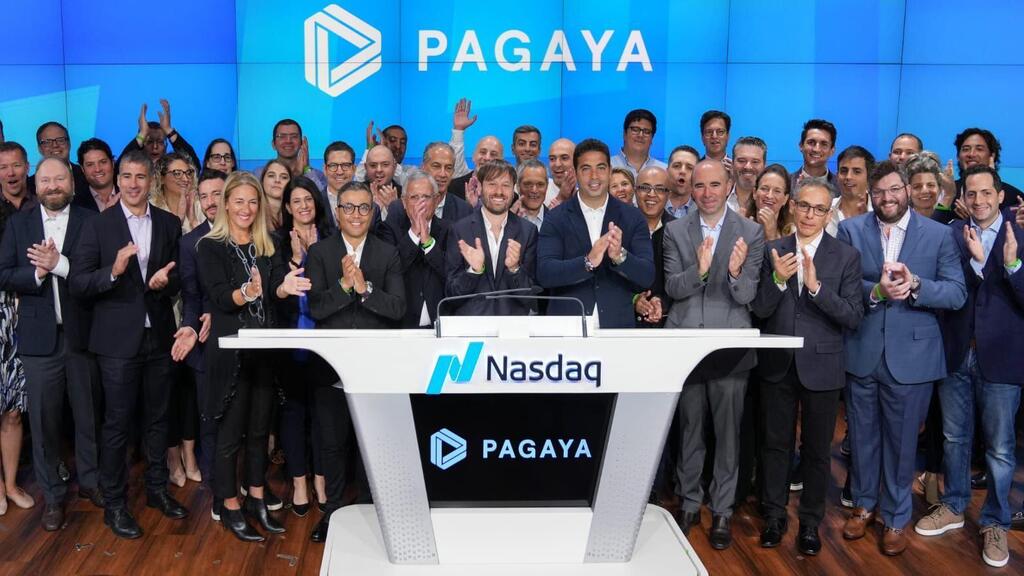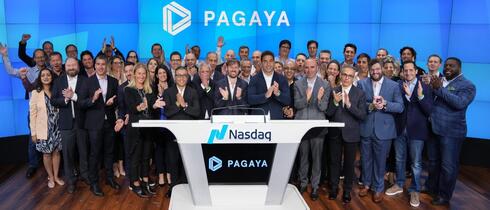
Pagaya CEO: “We get excited by rising revenue, not the share price”
The Israeli fintech company, which saw its value skyrocket over the past month, expects its total revenue in 2022 to range between $700 million and $725 million and its adjusted EBITDA for the year to range between negative $20 million and positive $10 million
“From the outside it seems far more interesting than it is from the inside when you are running from meeting to meeting and deal to deal. The share price isn’t something that interests us that much. What we care about is $700 million in annual revenue. We get excited by rising revenue, not the share price,” Pagaya CEO Gal Krubiner told Calcalist after the company announced its results for the second quarter of 2022.
Pagaya announced on Tuesday that its network volume increased 79% to $1.9 billion in the second quarter, “reflecting strong growth from existing partnerships across all products.”
Total revenue and other income increased 83% to $181.5 million, primarily due to increased fee revenue from network volume growth. Net loss attributable to Pagaya shareholders reached $146.3 million and was impacted by share-based compensation of $146 million. The company said that its adjusted EBITDA is $4.9 million.
Pagaya shares fell slightly on Tuesday, but the company still has a market cap of around $15 billion.
“This is the first quarter in which we are announcing results and it is exciting to share everything we have been working on for a long time,” said Krubiner. “We are very proud of our results. We have 800 employees who worked very hard in the last quarter and helped us display growth despite the global chaos. It is important for us to show the world that our model works and that we can blossom even during difficult times.”
Pagaya said that it expects its network volume for the entire 2022 to range between $7.2 billion and $7.8 billion, while total revenue is expected to range between $700 million and $725 million. Adjusted EBITDA is expected to range between negative $20 million and positive $10 million.
“Our forecasts are very conservative and we will reach growth of at least 60%,” noted Krubiner. “In the current macro situation we can safely declare that we will register significant growth.”
Related articles:
Pagaya went public at an $8.5 billion valuation via a SPAC merger in June, but its shares quickly plummeted and the company found itself trading at a valuation of around $2 billion. That market cap seemed far more reasonable than its very generous original valuation, but beginning on July 20, when it became apparent that there are fewer than one million Pagaya shares publicly available, the company began suffering from what is known as the “GameStop syndrome”.
A herd of speculators identified the opportunity to dramatically affect the stock price due to its low liquidity and the rest has become history.
